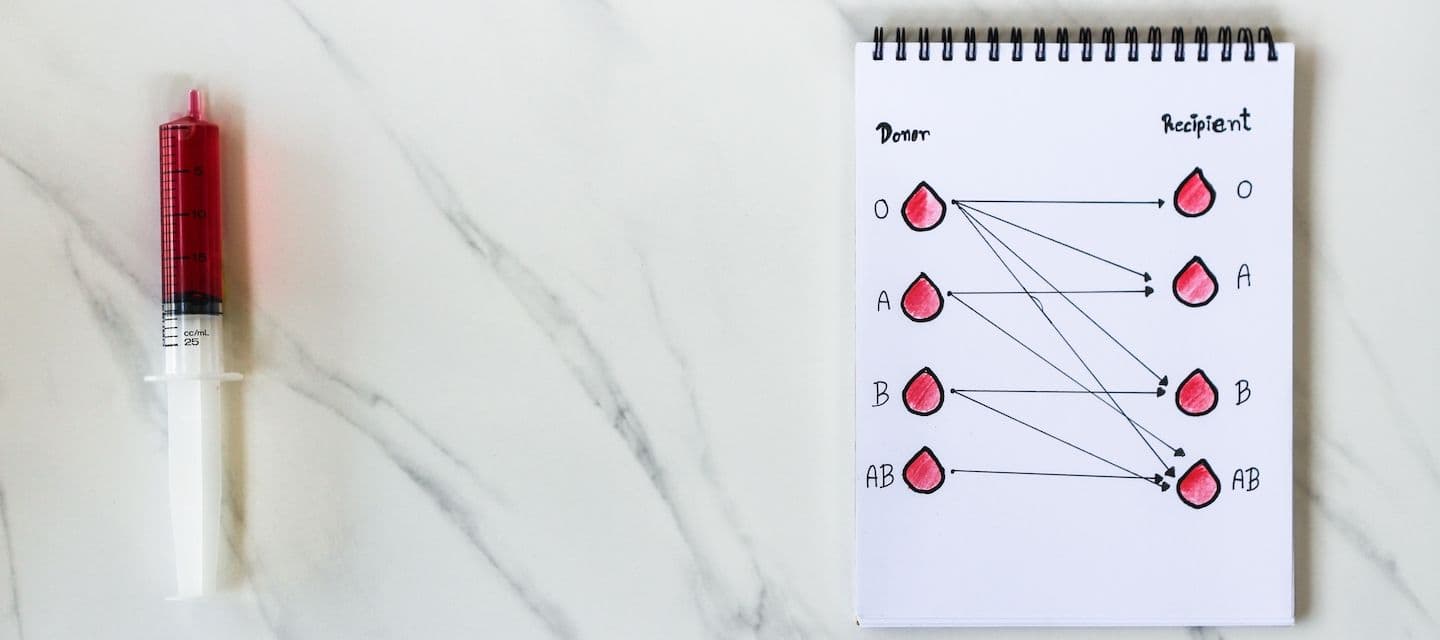The Importance of Your Blood Rh Factor
Pregnancy
Obie Editorial Team

If pregnancy is on the horizon, one of the proactive steps you and your partner can take is a simple blood test. This test will tell you if you both share the same Rh status—either positive or negative. Knowing this early on equips you with valuable insight about the proteins that cling to your blood cells. If you're unfamiliar with the concept, let me break it down: Rh proteins are antigens that play a crucial role in your immune defense by targeting threats like viruses and infections. If these proteins aren't present in your blood cells, you are classified as Rh-negative.
Explore more about hCG Levels and the Fetal Sex
What Do Your Test Results Mean for You and Your Baby?
If both you and your partner have the same Rh status—either positive or negative—there's nothing further you need to do regarding Rh factor. For example, if both of you are Rh-negative or both are Rh-positive, no Rh-related complications are expected. But if you're Rh-negative and your partner is positive, it's vital to consider that your baby might inherit the positive trait from the father. If this occurs, there is a potential risk if the baby's blood interacts with yours inside the womb. Here’s why it’s crucial: your body may perceive the Rh-positive baby blood cells as foreign invaders, leading to an immune response that attacks these cells.
This immune response from the mother's body, if not properly managed, can lead to conditions in the baby such as anemia or hemolytic disease, which are severe and can sadly result in complications like brain damage, illness, or even endanger the baby's life.
But let’s focus on prevention: when you understand your and your partner’s Rh status ahead of time, you’ve taken the first step to safeguarding your child’s health. Knowing this information early gives you the power to work collaboratively with your healthcare provider to implement a preventive treatment plan. Treatments are available that can protect your baby if there is a risk due to differing Rh statuses, ensuring a healthier outcome.
Delve into further details with the hCG Chart and Calculator
Source: J. DeCoteau: Positive Antiglobulin Test in Association with Sulindac: Involvement of the Rh Factor Volume 64 Issue 3 pp. 173-183 March 2009
Read More











